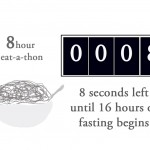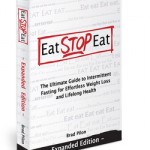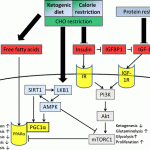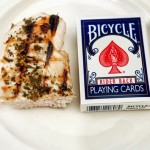Here’s what you need to know…• Intermittent fasting (IF) has limited uses in limited populations, but for many people it leads to less muscle, more body fat, and even disordered eating in the long term.• Fasted weight training, often part of intermittent fasting plans, is misguided and counterproductive.• If you follow many intermittent fasting diets to a T, you border on having or developing two different eating disorders.• To break the destructive habits created by failed IF plans, always eat breakfast, use workout nutrition, select quality foods, and learn to listen to your body.Let’s say I was approached by Kim Jong-un, the murderous North Korean dictator, and asked for dietary advice. Being a patriotic all-American girl, I’d of course give him the worst advice I could think of. My plan would be to provide a diet that fooled him into thinking it was working, but ultimately wrecked his health, made him miserable, and maybe even gave him an eating disorder as a bonus.Now, how would I do that? I’d probably tell him to starve all day, exercise in a fasted state, then eat a ton in the evening.
View original article:
T NATION | Fasting: Sound Science, Behavioral BS
















 For now classes are 6pm and 640pm at 2840 Wildwood st in the Boise Cloggers studio.
Book your class NOW!
click this ==>
For now classes are 6pm and 640pm at 2840 Wildwood st in the Boise Cloggers studio.
Book your class NOW!
click this ==>








